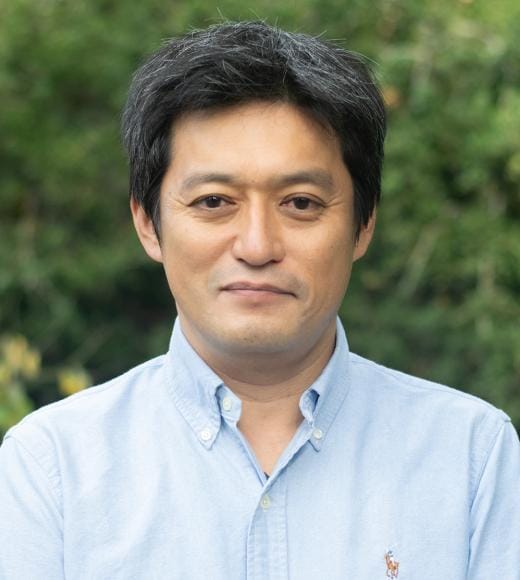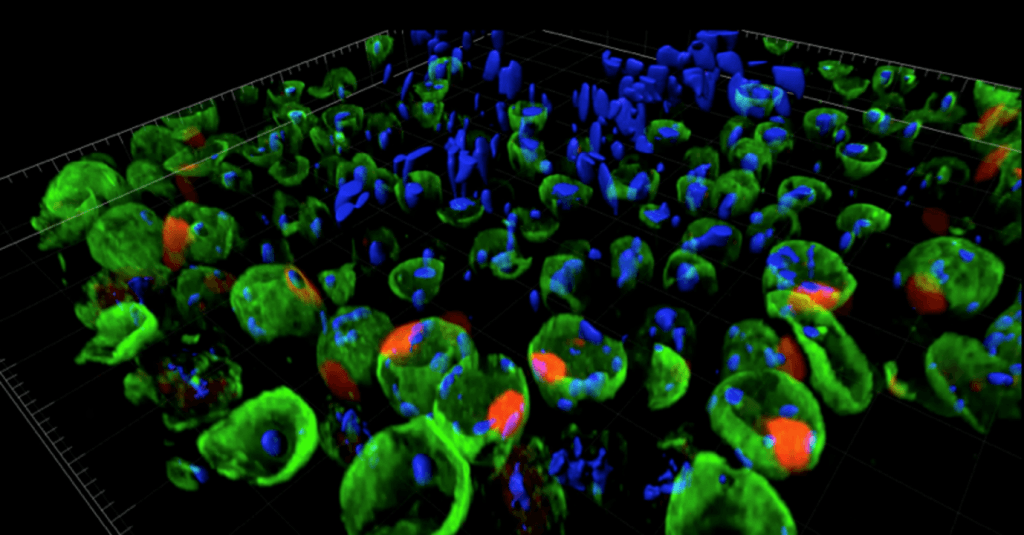One of the greatest mysteries in biology concerns how life has perpetuated, and continues to perpetuate, from generation to generation. A key feature of the mammalian germline is sexual dimorphism: the dual developmental processes of spermatogenesis and oogenesis. These processes are inherently complex, which poses significant challenges to understanding the perpetuity of life and the development of treatments for germline-derived genetic and epigenetic diseases. We have worked to construct a detailed picture of the epigenetic mechanisms that govern mammalian spermatogenesis and oogenesis. Of note, our research is currently unveiling a revolutionary concept of meiosis as a global epigenomic reprogramming process, changing established views on meiosis. Our research directions converge to address how epigenetic mechanisms govern spermatogenesis and oogenesis, culminating in the generation of functional sperm and eggs. We will elucidate the global epigenetic mechanisms underlying spermatogenesis from the stem cell stage to sperm production, with an emphasis on dynamic changes in the epigenetic machinery and their importance to the next generation. We will also determine the molecular functions of DNA damage response pathways—which direct meiotic sex chromosome inactivation—in the epigenetic regulation of the sex chromosomes. To complement our study of male germ cells, we will determine epigenetic mechanisms underlying critical stages of oogenesis. Ultimately, we will reveal distinct features and unifying principles of spermatogenesis and oogenesis. Through the culmination of our research, we are uniquely positioned to clarify how fundamental germline mechanisms intersect to ensure genome maintenance, genome defense, and epigenetic gene regulation on a systemic level.

Professor



